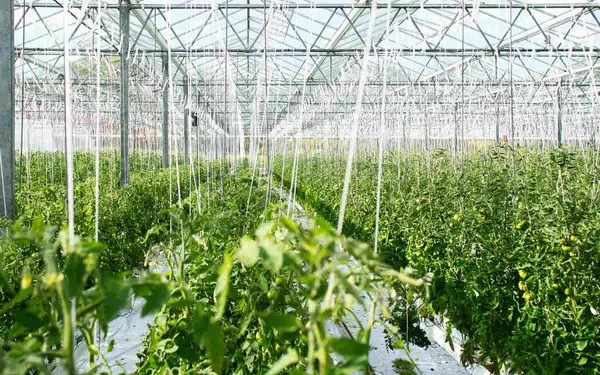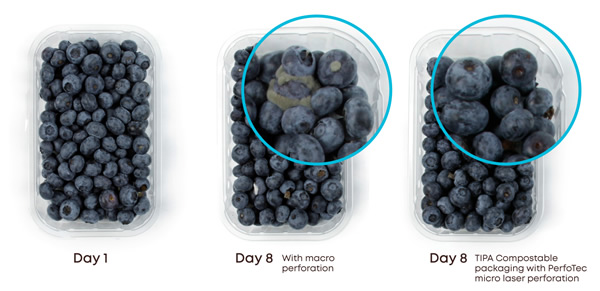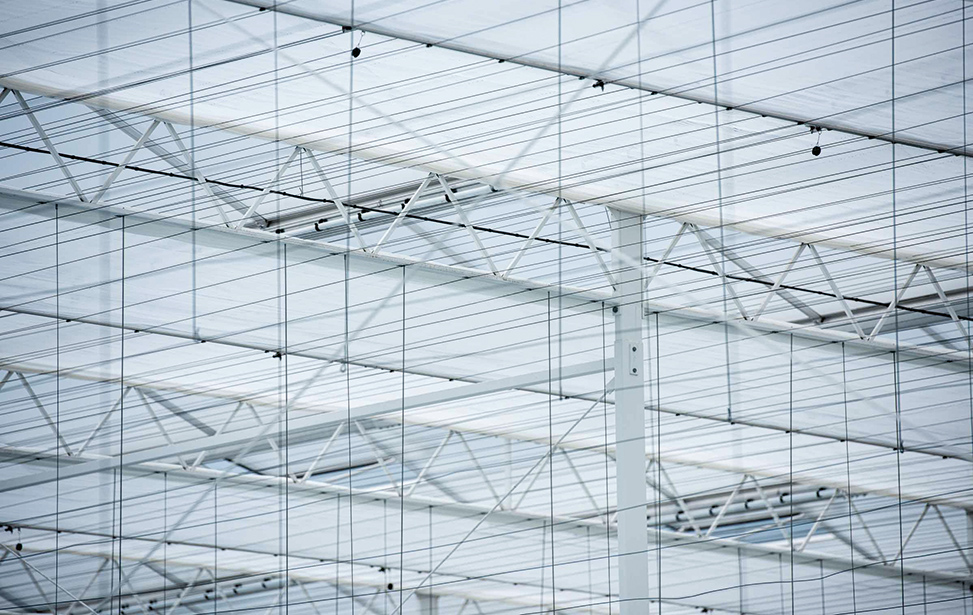In response to increasing drought conditions and the urgent need for sustainable agricultural practices, the Universitat Oberta de Catalunya (UOC) and Barcelona-based LENIUM have embarked on a groundbreaking research project. Funded by the Nuclis program, this initiative aims to design an irrigation system that captures and utilizes water from ambient humidity, significantly contributing to the sustainability of greenhouse farming.
Revolutionizing Irrigation in Greenhouses
The project, named the Ambient Humidity Efficient Irrigation System, is set to span three years. It focuses on developing a device that captures and stores water from the air, subsequently using it to irrigate crops based on data collected by a network of underground sensors. This innovative approach addresses both the need for water conservation and the challenges posed by climate change to agriculture.
Cutting-Edge Sensor Technology
Joan Melià, a leading researcher from UOC, is spearheading the sensor system’s development. Utilizing ultra-high frequency radio-frequency identification (UHF RFID) technology, the system will monitor soil moisture levels accurately. This technology, commonly seen in retail for tracking clothing, will be adapted to suit agricultural needs. The sensors, powered passively by radio-frequency waves, eliminate the need for batteries, making them both cost-effective and sustainable.
Optimizing Water Use in Greenhouses
The efficient use of water is a critical component of this project. Given the limited amount of water produced through dehumidification, the sensor system will ensure precise irrigation, adjusting water delivery based on real-time soil moisture data. This careful management aims to maximize the utility of the captured water, making greenhouse operations more sustainable.
Real-World Testing and Adaptation
The final phase of the project will involve real-world testing in a 250 square-meter greenhouse at the Institute of Agrifood Research and Technology (IRTA) in Cabrils. Beginning next spring, this phase will validate the technology with crops such as tomatoes, courgettes, or beans. Researchers will determine the optimal placement of moisture collectors and evaluate the system’s effectiveness compared to existing market solutions.
A Partnership for Sustainable Agriculture
LENIUM, a company specializing in renewable energy and circular economy projects, collaborates with UOC on this venture. LENIUM’s expertise in agrivoltaics and renewable water solutions complements UOC’s technological innovations, aiming to create a self-sufficient greenhouse model. This project represents a significant step towards sustainable, energy-efficient agriculture.
Future Implications and Expansion
While initially focused on a Mediterranean climate, the success of this project could see its adaptation to other regions with similar humidity levels. By providing a model for efficient water use in greenhouses, this research has the potential to revolutionize sustainable agriculture practices globally.
Conclusion
For entrepreneurs and investors, the Ambient Humidity Efficient Irrigation System offers a promising opportunity in the greenhouse sector. By combining cutting-edge technology with sustainable practices, this project not only addresses current agricultural challenges but also sets the stage for a more resilient and eco-friendly future in farming.












